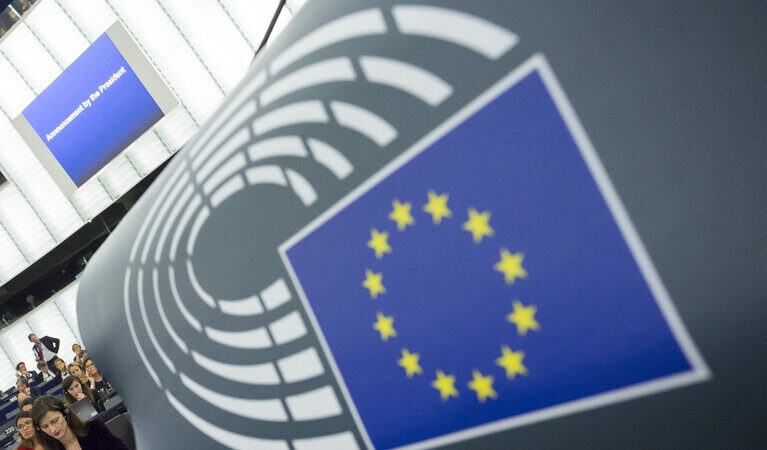European Parliament members have once again called on the Maltese authorities to stop fostering a hostile climate for journalists, end the culture of impunity and accelerate legal proceedings to bring to justice all those involved in the assassination of Daphne Caruana Galizia.
On Thursday, an overwhelming majority of MEPs voted in favour of the resolution that included a call to the Maltese Government to desist from utilising hostile rhetoric targeting journalists and to stop fostering a climate hostile to journalists and media professionals.
The resolution was adopted with 437 votes in favour, 14 votes against and 66 abstentions. Only two MEPs from the S&D Group voted against the resolution. These were Alex Agius Saliba and Josianne Cutajar. Maltese MEPs Alfred Sant and Cyrus Engerer were not present for the vote.
MEP David Casa negotiated the resolution on behalf of the EPP Group with the broad support of several MEPs representing other political groups in the parliament, including the S&D Group, the Renew Group, the Verts/ALE Group, the ECR Group and the Left Group.
The resolution again urges EU institutions and member states to prioritise the safety and protection of journalists and media professionals and further calls for prompt compliance with Parliament’s recommendations on safeguarding journalists.
It also underscores journalists’ vital role in revealing the truth, safeguarding democracy and combatting impunity. The importance of an independent media and active civil society as bedrocks of justice, democracy and the rule of law are emphasised.
During the parliamentary debate on Wednesday, MEP David Casa stressed the need for action on the lack of Maltese rule of law, saying that Malta was in the same situation six years ago. He added, “The life of journalists is most in danger when there is no justice for the criminality they have exposed”.
The statement by the European Parliament also expresses deep concern over the slow progress in investigating Caruana Galizia’s assassination, with only three low-level convictions to date.
It calls on Maltese authorities to expedite judicial proceedings to ensure justice is served. The statement also reiterates the call for a thorough investigation into the core motives behind the murder and emphasises the need for continuous involvement of Europol in the investigation.
MEP Sophie in ‘t Veld (Netherlands), Renew Europe’s negotiator on the resolution on the rule of law in Malta, said on Wednesday that “it has been six years since the murder of Daphne Caruana Galizia. Although there was a public inquiry, the killers are behind bars, and several reforms have been introduced, the alleged mastermind has yet to be tried, and the reform process is slowing down. Indeed, new corruption scandals have emerged”.
In its resolution, the parliament also underscored that it is appalled by the prime minister’s statement in October 2023 downplaying institutionalised corruption, saying that such statements perpetuate a culture of impunity for the public officials allegedly implicated.
MEPs restated their concerns about the deficient progress in implementing recommendations from the Daphne Caruana Galizia public inquiry report two years after its publication. They noted that the Maltese government’s reforms and legislative changes proposal overlooked input from international and national organisations.
Ramona Strugariu (REPER, Romania), one of Renew Europe’s negotiators on the anti-SLAPP report, added that “the root cause for Daphne’s murder and the reason for which her killers are still free is corruption. Two things need to happen. First, impunity must end, and criminals must be put in jail. Second, we owe her and all journalists a strong anti-SLAPP Daphne Directive”.
For the second year in a row, the European Parliament has called on the Maltese authorities to withdraw its appeals against a series of Freedom of Information (FOI) requests filed by The Shift and outlined how obstacles to media freedom and pluralism persist, for instance, concerning access to information requests to the government, as well as potentially discriminatory funding of media outlets.
The statement also condemns the pattern of unwarranted secrecy within state institutions regarding information that could be of significant public interest.












